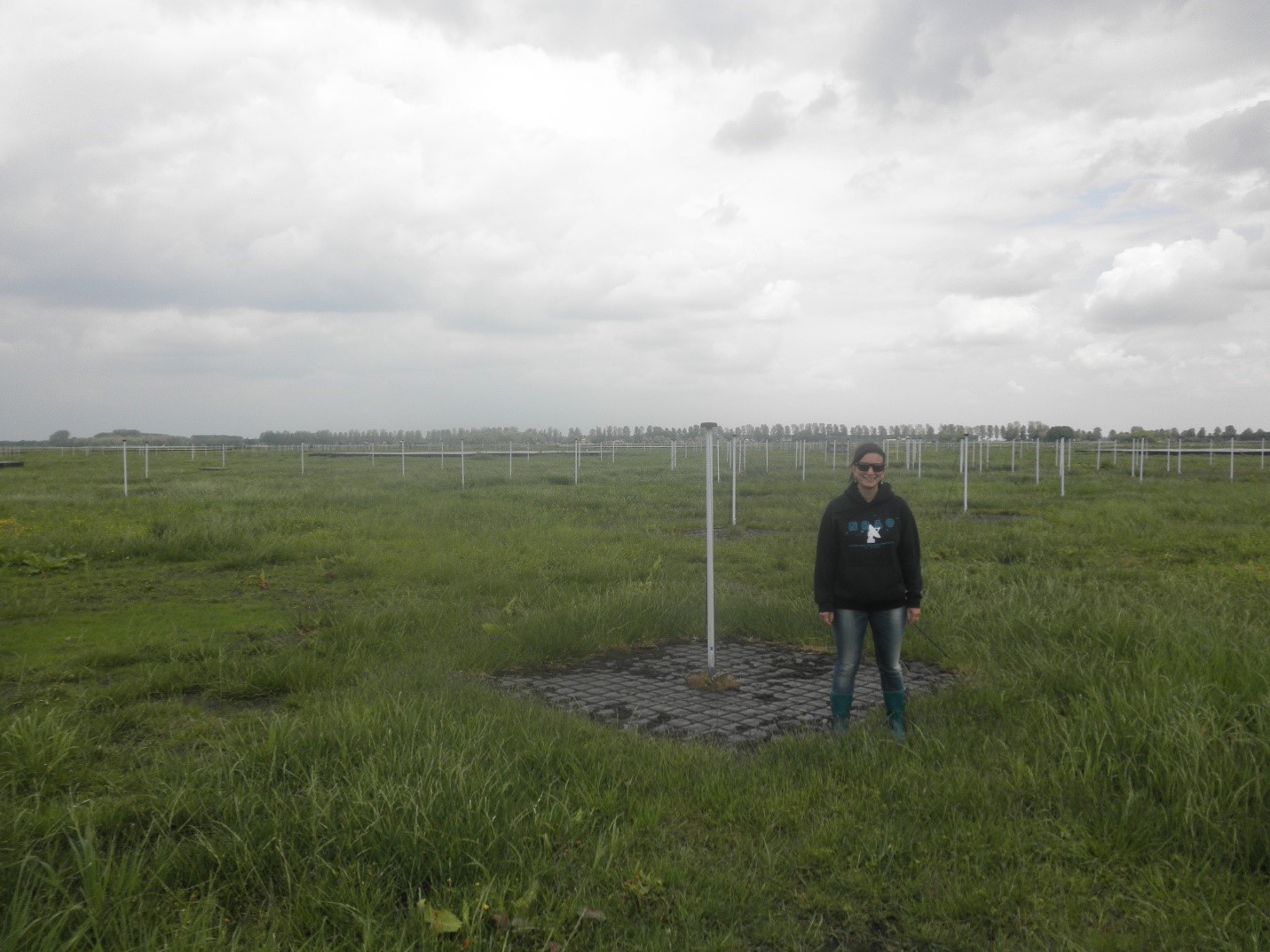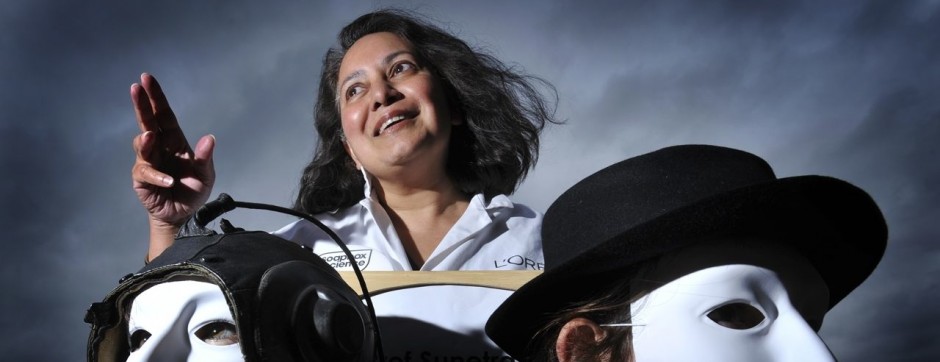 Dr. Leah Morabito, Department of Physics, University of Oxford, is taking part in Soapbox Science Reading on 8th June with the talk:“Super massive black holes: how do they shape galaxies?”
Dr. Leah Morabito, Department of Physics, University of Oxford, is taking part in Soapbox Science Reading on 8th June with the talk:“Super massive black holes: how do they shape galaxies?”
I am a radio astronomer, working as a Hintze Fellow at the University of Oxford. My research focuses on understanding how super massive black holes, which live at the centres of galaxies, help shape the Universe we see today. I have always been passionate about science, although I had a brief hiatus between my undergraduate and graduate studies when I served in the US Air Force. I love what I do, and couldn’t imagine anything better than carrying out scientific research! Radio astronomy in particular is fascinating — I get to make beautiful images from a telescope that is essentially collections of dipole antennas in fields across Europe. It’s very low tech but we can use it for incredible science!
Q: Leah, how did you get to your current position?
When I was finishing my PhD, I had to think about what I wanted to do next. I knew I wanted to continue as a researcher, and I thought about where I could bring my radio astronomy expertise and also learn more about other wavelengths. I applied to the position I currently hold at Oxford because of the opportunities to work with experts on using telescopes across a broad range of wavelengths, who are also experts on galaxy evolution. Fortunately I was successful in my application, and here I am!
Q: What, or who, inspired you to get a career in science?
As a child, I was always fascinated by space, and learned all I could about it. My parents were both geologists, and instilled in me a curiousity for learning about the world around me in a critical way. When I was doing my undergraduate degree, the movie “Contact” came out — it’s based on a book written by an actual astronomer — and at that moment I decided I wanted to be a radio astronomer like Jodie Foster’s character.
Q: What is the most fascinating aspect of your research/work?
The most fascinating aspect of my work is making radio images of the sky. The telescope I use, the Low Frequency Array (LOFAR), is fairly new, and I am helping develop observing strategies and data calibration techniques to make extremely high resolution images, with 10 – 20 times the typical resolution people achieve with standard observations using LOFAR. That means that for some of the galaxies I look at, I am the first person to see the detail of their internal structure, and that is really cool!
Q: What attracted you to Soapbox Science in the first place?
Soapbox Science is a great opportunity to share my passion for astronomy with people who want to learn. Science can seem daunting to those uninitiated in it, but I find that when I explain my research to non-scientists, it can be really accessible to them! I love what I do, and there is nothing better than communicating it to a broad audience in a way that they can appreciate it.
Q: Sum up in one word your expectations for the day
I expect that the day will be exciting, challenging, and rewarding! Exciting because I will get to share my research and passion with people; challenging because there are always interesting questions I have never considered; and rewarding because at the end of the day, I will have taught at least someone something about super-massive black holes and how they shape the galaxies they live in.
Q: If you could change one thing about the scientific culture right now, what would it be?
The scientific culture today is still entrenched in an old-fashioned idea of what it means to be “A Scientist.” We need more diversity, and more people who are willing to exchange ideas and work in a collaborative fashion.
Q: What would be your top recommendation to a woman studying for a PhD and considering pursuing a career in academia?
My top recommendation for a woman studying for a PhD and/or considering a career in academia is this: try everything, and don’t give up! The worst that can happen if you ask for something (or apply for something) is that the answer is no; but you’re no worse off than you were before. And if you keep asking often enough, sometimes the answer will be yes! I have had a lot of rejections for job applications in my time, but I have also had several key successes, which led me to where I am today.
